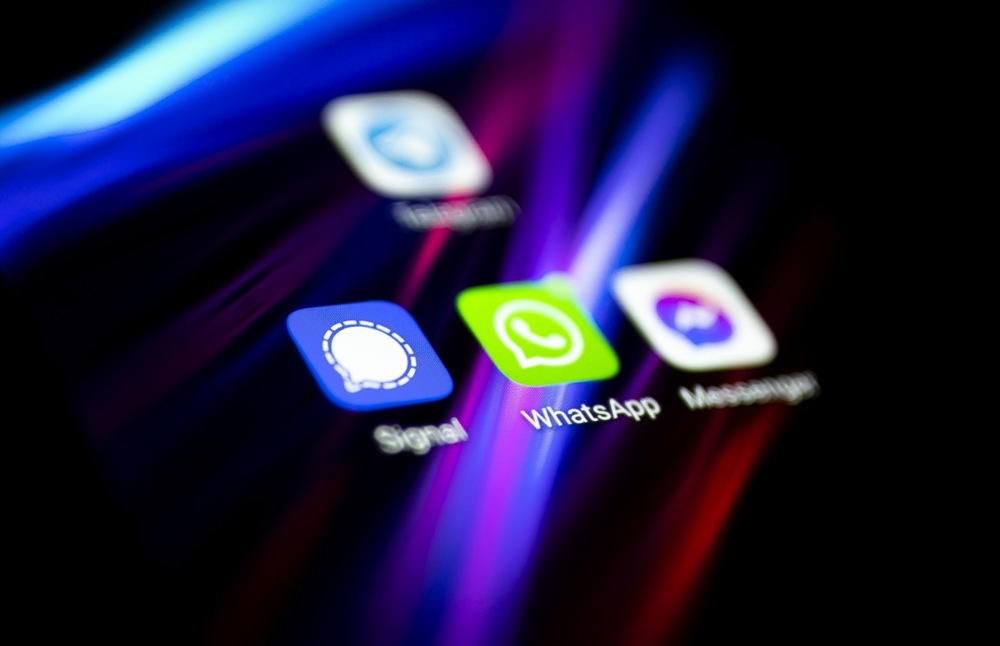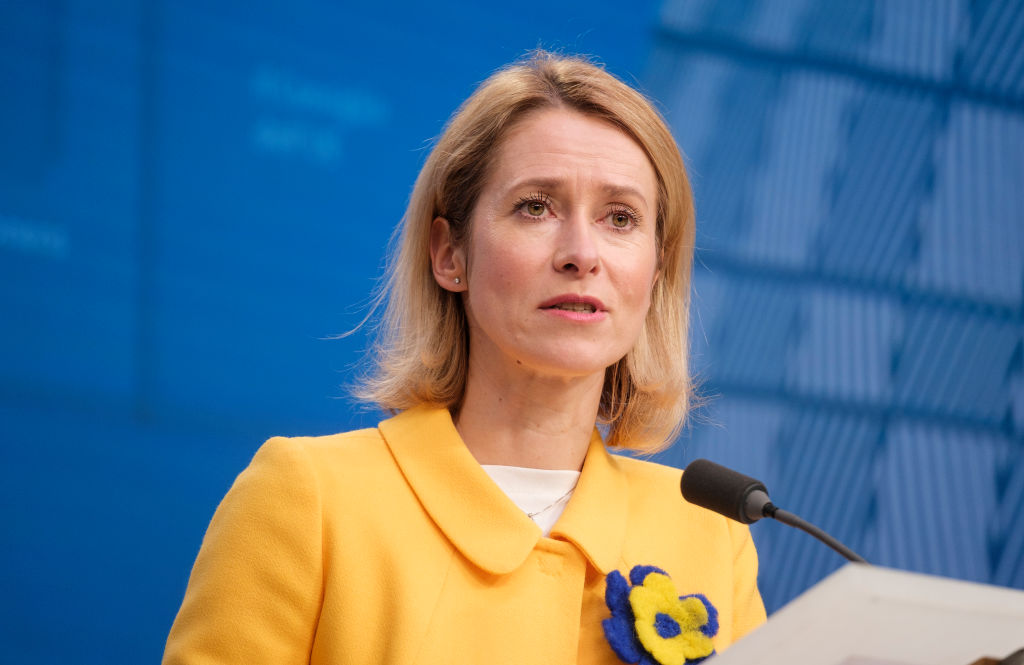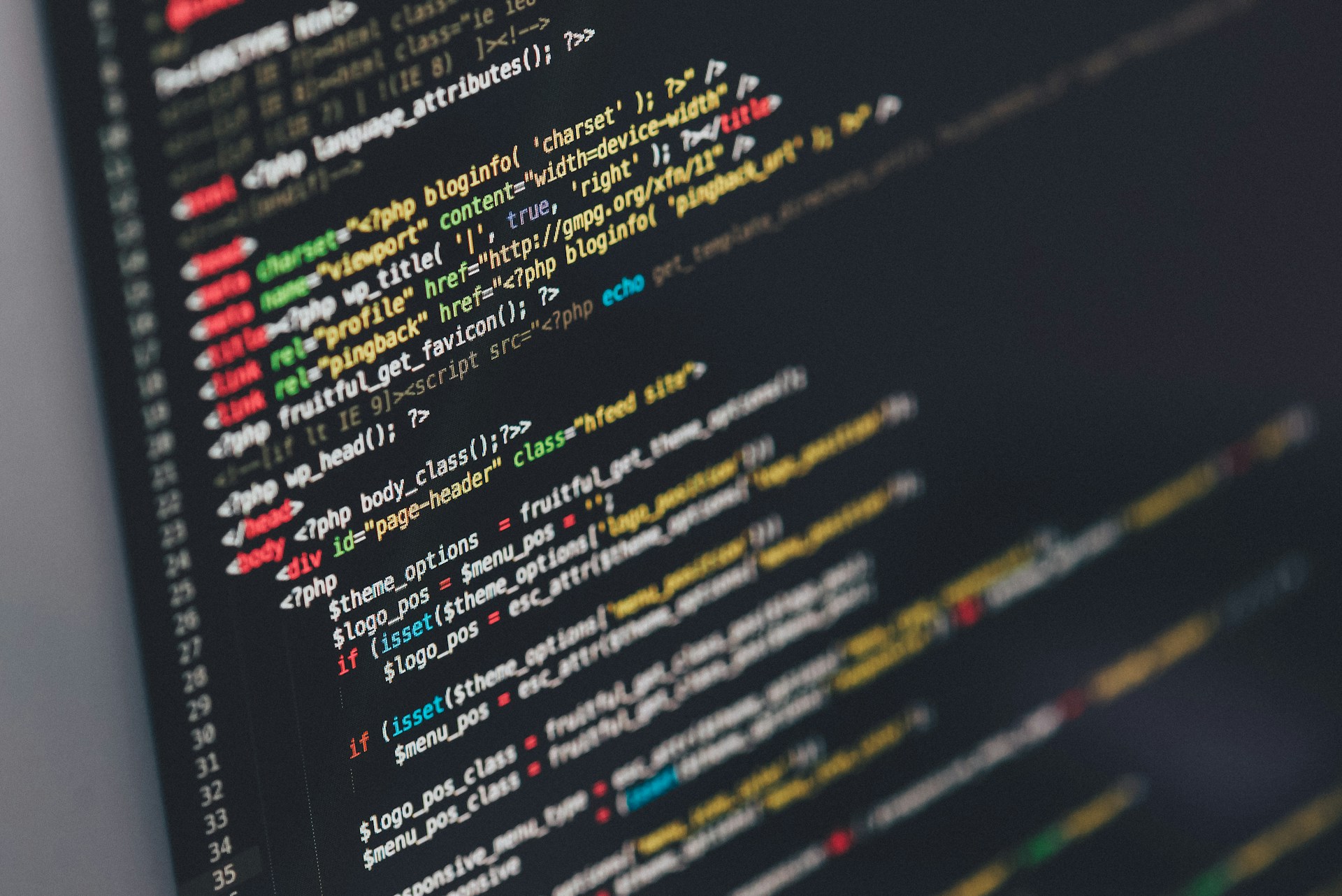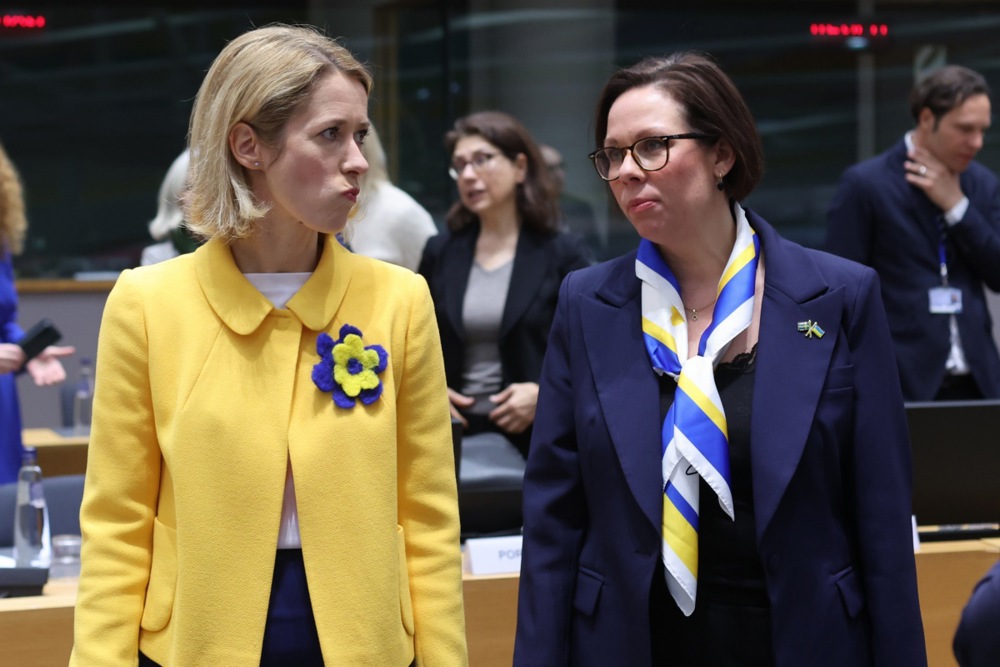European top officials use the Signal app to send messages to each other, the European Union diplomatic service has admitted.
The External Action Service (EEAS), though, refused to disclose the content of the communications to journalists.
Top politicians using the Signal app to communicate became an international issue in March after a US scandal where senior officials accidentally invited a journalist into a chat, who then was able to read a conversation about a planned military strike on Houthi rebels in Yemen.
In Europe, investigative journalists with Follow the Money (FTM), who broke the EEAS story on April 16, said it was the first time a European body had acknowledged it had access to Signal messages of officials.
That meant that the texts and messages could potentially be released under transparency laws, though the European Union declined to do so.
FTM journalist Alexander Fanta had issued a freedom of information request asking about a photograph sent to a Signal group chat. That led to the confirmation of the existence of a group created by the Vice-President of the European Commission Kaja Kallas, where ministers shared information and images.
The content of the group chat reportedly remained secret because the diplomatic service wanted to “preserve trust, credibility and effectiveness”.
The EEAS cited the need to protect the EU’s international relations and data protection reasons.
It added that disclosure of messages from the group chat could also “undermine the EU’s ability to manage its external relations with third countries.”
A few days prior, Austria’s new foreign minister, Beate Meinl-Reisinger, revealed in an interview with Der Standard that EU foreign ministers shared a private Signal group, which prompted FTM to ask for more information.
European institutions have been extremely reluctant to share text messages with the public or even record them in their archives.
A notable case was the 2021 “Pfizergate” affair, when European Commission President Ursula von der Leyen struck a €35 billion deal to buy Covid-19 vaccines.
Von der Leyen personally negotiated aspects of this deal through text messages with Pfizer CEO Albert Bourla. These communications have not been made public, leading to legal action and investigations.
Efforts to access those communications — such as requests from the European Ombudsman and investigative bodies— have been stonewalled.
The European Court of Auditors noted that the EC refused to provide documents related to the preliminary negotiations of the Pfizer contract, deviating from standard procedures.
Ironically perhaps, the EU has been pushing legislation that could undermine end-to-end encryption aggressively.
Brussels said it wanted to be able to look into the private messages of its citizens, citing child protection, terrorism prevention and public safety issues as justification.
EU proposals including Chat Control (also known as the CSAM Regulation) were designed to require platforms such as Signal, WhatsApp and even private messaging services, to scan user content — including encrypted messages — for illegal material.
Digital rights groups and privacy advocates have slammed that as a disproportionate approach.
Meredith Whittaker, president of US messaging app Signal, has threatened to pull it out of France over a proposed law where the government has demanded the ability to look into private chats. https://t.co/YljhYCBnd1
— Brussels Signal (@brusselssignal) March 20, 2025





